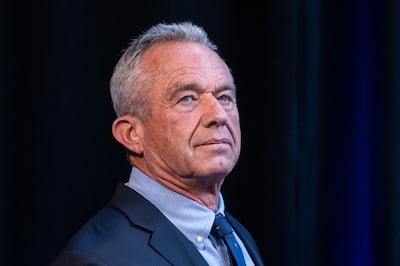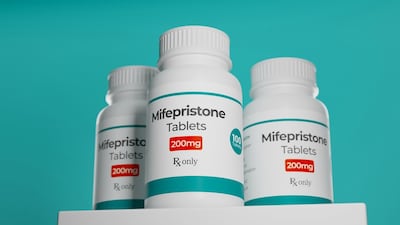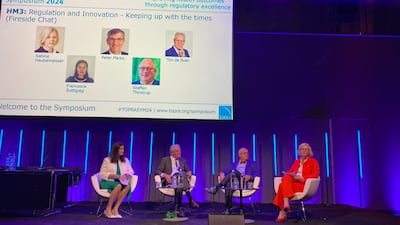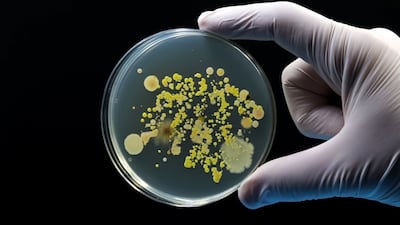US FDA

Former Food and Drug Law Institute CEO Amy Comstock Rick will take on patient engagement for the US FDA Rare Disease Hub as director of strategic coalitions.

Republican presidential candidate Donald Trump says he will let Robert F. Kennedy Jr. “go wild on medicines” if he wins the White House. That could spell challenges for the US FDA in 2025.

The outcome of the November presidential election may impact whether the government is willing to defend FDA's relaxation of the mifepristone REMS. The case poses risks for the broader drug approval process.

Flexibility on the geographic location of clinical trial participants will depend on the underlying reasons the FDA wants diversity in the study, the agency’s Oncology Center of Excellence Director said.

The FDA is developing several structures and a broad group of experts across disciplines to help craft artificial intelligence policy. But the proliferation of AI-related initiatives raises the question of who, ultimately, will make decisions about when novel applications of AI are acceptable.

US and EU regulators have invited two companies to work with them on a pilot scheme for assessing drugs for rare genetic diseases, a move that the European Medicines Agency’s Emer Cooke said would help improve “global alignment.”

The US FDA commissioner also said the hub is looking for an executive director who will work with the CBER and CDER heads, who will serve as co-leads.

As need for new antibiotics keeps increasing, a recent US FDA advisory panel offers a case study of why industry isn’t keen on the space.

Rare disease activities within the biologics center will gain more prominence with a senior official overseeing them.

The Artificial Intelligence Council takes over work that three different entities in the US FDA’s drugs center had been performing. The new, centralized entity will develop and promote consistency in AI-related activities and advance innovative uses.

Pink Sheet infographic shows that while overall growth continues at the drugs and biologics centers, the US FDA still must add many employees to meet user fee-mandated hiring goals.

Letter to US FDA by a bipartisan group of House members cites clinical trials sponsored by Eli Lilly and Pfizer as examples of a widespread industry practice. But any legislation to curtail such practices is not expected to be part of the BIOSECURE Act.

The agency is clearly on the radar of former President Trump and his new coterie of tech moguls.

A change in leadership of the US FDA device center is taking place with an eye towards stability in the longer term, but the upcoming elections could lead to more disruptive personnel changes.

Relyvrio/Albrioza, Amylyx’s ill-fated treatment for amyotrophic lateral sclerosis, was approved for marketing by the US Food and Drug Administration but rejected by the European Medicines Agency. The Pink Sheet explores how the two agencies applied the available regulatory flexibilities and the impact of other factors, such as regulatory precedence and patient influence, on decision-making.

Shuren is retiring after 15 years as head of the FDA Center for Devices and Radiological Health.

The US FDA’s new draft guidance notes its own efforts to combat misinformation and offers some creative examples to illustrate its advice, but avoids any potentially “controversial” contemporary situations.

A Trump-aligned think tank doesn’t have too much to say about the US FDA – which is probably a good thing for the agency. But it does reinforce the reality that abortion politics will continue to impact the agency – and that ties to industry may be a bipartisan area of concern.

Clene leadership spoke with the Pink Sheet about its push for accelerated approval for its ALS nanoparticle treatment. A new nudge from Congress asking the US FDA to consider survival data in accelerated approval could help.

Patients want more attention paid to their experiences with an investigational drug, while consumer groups and academics say those who were harmed also should be heard.